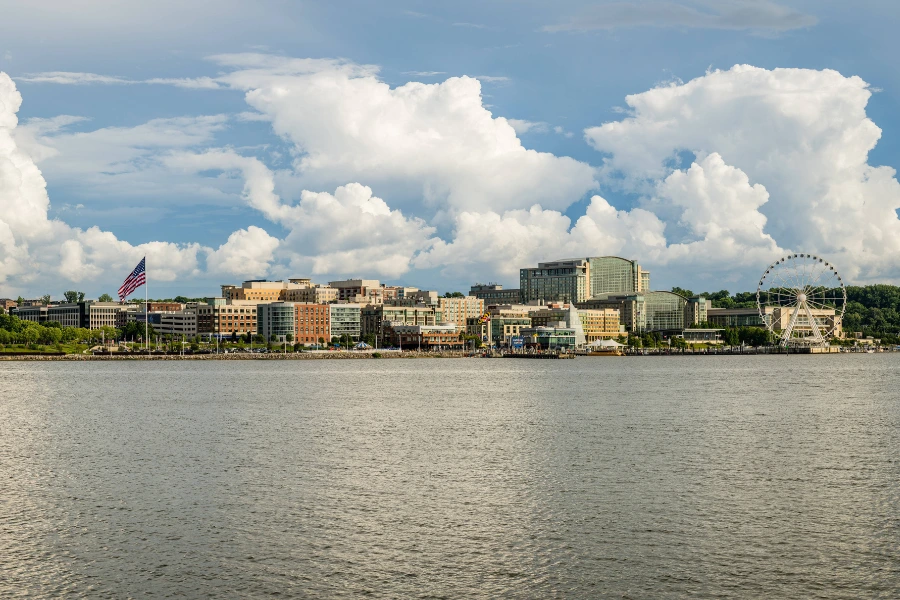State officials reported a record-breaking $9.3 million in tax revenue, nearly tripling the amount from September of the previous year. Maryland Lottery and Gaming Director John Martin credited a surge in enthusiasm around the Washington Commanders, who hold a strong first-place position in the NFC East, as part of the reason behind this remarkable upswing.
“That team in the nation’s capital…I think is a little more enthusiastic this year,”
Martin said, acknowledging that the Commanders’ competitive season has added a layer of excitement for fans, driving higher engagement in betting activities.
September’s numbers broke Maryland’s previous record, set in January 2024 with $8.2 million in tax revenue, showing how seasonal sports like football can propel betting figures to unprecedented levels.
This surge isn’t merely reflective of a single team’s success, though; it’s a testament to Maryland’s increasing embrace of sports wagering. Nearly three years after Maryland sports betting launched, the market is now maturing into a key source of revenue.
Clamping Down on Illegal Operations for Sustained Growth
The heightened success within Maryland’s legal sports betting market has drawn attention to the impact of unlicensed operators like Bovada, which continue to siphon off revenue. Bovada has been a persistent player in the illegal betting sector, and Maryland, alongside Massachusetts and other states, has been ramping up efforts to curb its operations.
Bovada recently received cease-and-desist letters from several states, with Maryland officials pushing back against this unlicensed sportsbook that still attracts U.S. bettors despite lacking regulatory approval.
This year, the American Gaming Association (AGA) and several states intensified pressure on the federal government to tackle illegal sportsbooks, estimating the offshore betting market at a massive $700 million annually.
Bovada has restricted access in 14 states due to these crackdowns, including Maryland, where state officials highlight the consumer risk posed by unlicensed operators. Unregulated platforms fail to meet essential safety standards, often lacking protections against gambling addiction and underage betting. These risks, along with difficulties in fund access for bettors, highlight why states are eager to steer bettors toward safer, regulated markets.
As John Martin put it, states like Maryland have focused on a “rigorous review” of legal sportsbooks to ensure fair play and safety, making the case that authorized platforms not only contribute to state revenues but provide a more reliable experience for bettors.
Paving the Way for a Stronger Legal Market
The success of Maryland’s September revenue milestone aligns with ongoing legal measures to eliminate offshore competitors, suggesting that if Bovada’s operations are effectively curtailed, more revenue could be directed toward state-authorized sportsbooks.
With high standards for accountability and transparency, licensed operators provide tax benefits that boost state-funded programs. Maryland’s revenue from licensed MD betting apps is set to continue its upward trajectory, fueled by seasonal spikes in sports engagement.
As more consumers recognize the benefits of legal platforms, further records in handle and tax revenue may be on the horizon.
By targeting unlicensed sportsbooks like Bovada, Maryland is positioning itself as a leader in responsible, regulated sports betting, showcasing the financial rewards that states can reap when they foster consumer trust in legitimate betting channels.
This commitment to a robust legal betting framework could create a precedent, encouraging other states to take similarly aggressive stances against unlicensed platforms while supporting the growth of a flourishing, tax-generating industry that benefits both the economy and its fans.




